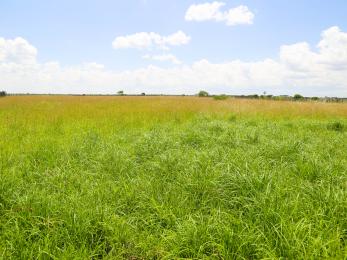Protecting Development Gains in Ethiopia
Making the Case for Crisis Modifiers

Crisis Modifiers (CMs) are emergency funding mechanisms employed within development programmes in areas vulnerable to shocks. They encourage innovative approaches to allow development programmes to respond to acute shocks, protect the development gains made to date and avoid backsliding. In recent years, USAID/Ethiopia has emerged as a leader in using CMs effectively, particularly in drought-prone pastoral areas.
Drawing on Mercy Corps Ethiopia’s experience and the successful use of CMs in the Pastoralist Areas Resilience Improvement and Market Expansion (PRIME) programme, this brief explains how the follow-on Resilience in Pastoral Areas (RIPA) programme has responded to shocks in the absence of a CM and the potential benefits to be gained from activating the CM.
RIPA builds on the successes and lessons of PRIME to strengthen the resilience capacities of households, markets, and governance institutions across the Somali, Afar, and Oromia regions, collectively contributing to enhanced food security and inclusive economic growth. RIPA was designed based on available and flexible funding in order to preserve development gains and resilience in contexts faced with multiple shocks.
This paper’s overarching recommendation for programmes and donors operating in crisis contexts is to prioritise the obligation of funds to activate the CM in response to future shocks. In line with this priority, the brief offers the following recommendations:
- Separate funding for crisis response activities, even when layered into development programmes.
- Clarify and streamline the CM request and approval process.
- Develop conditional service agreements with market actors to prepare for possible CM responses.
- Prepare scenarios for responses to future shocks to help speed up responses.
- Explore possibilities to pre-identify funding sources to activate a CM moving forward.

